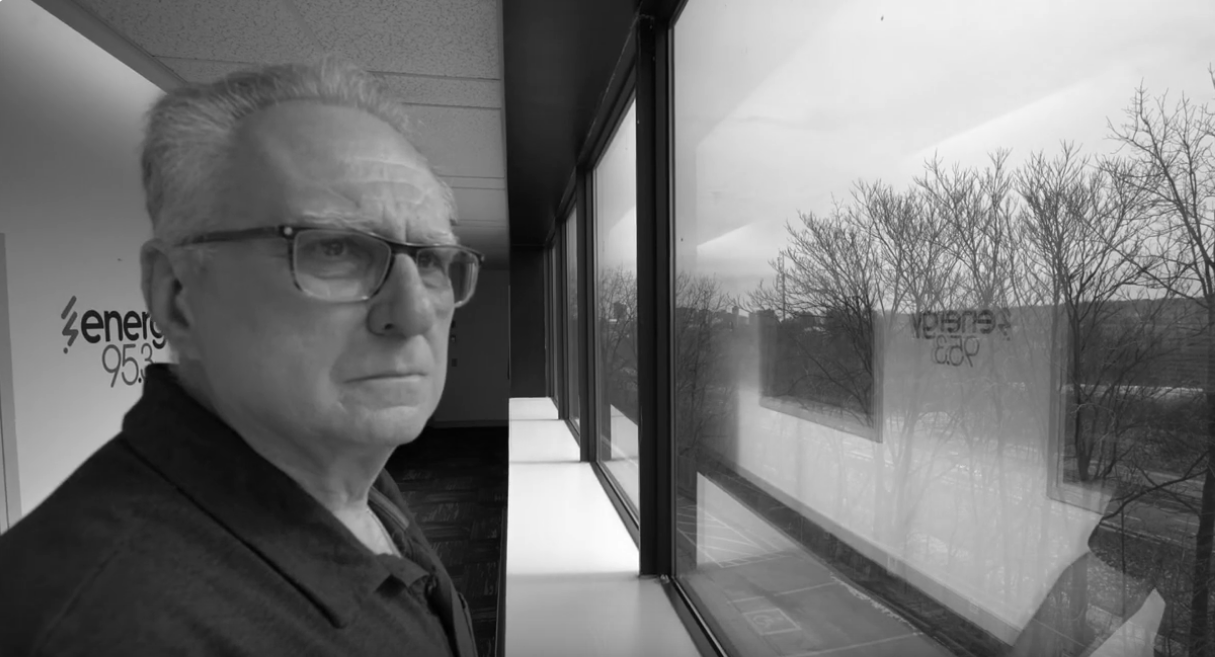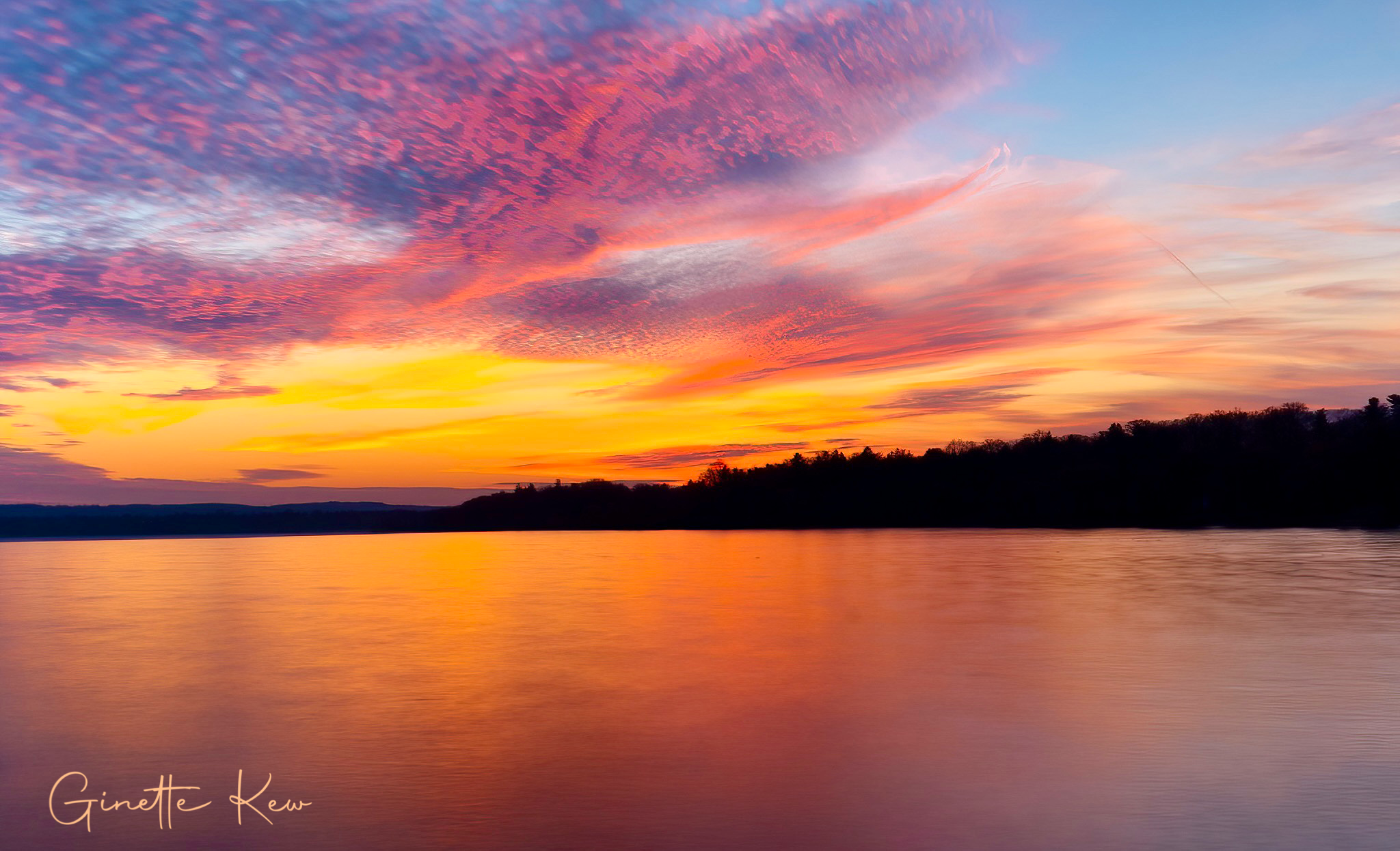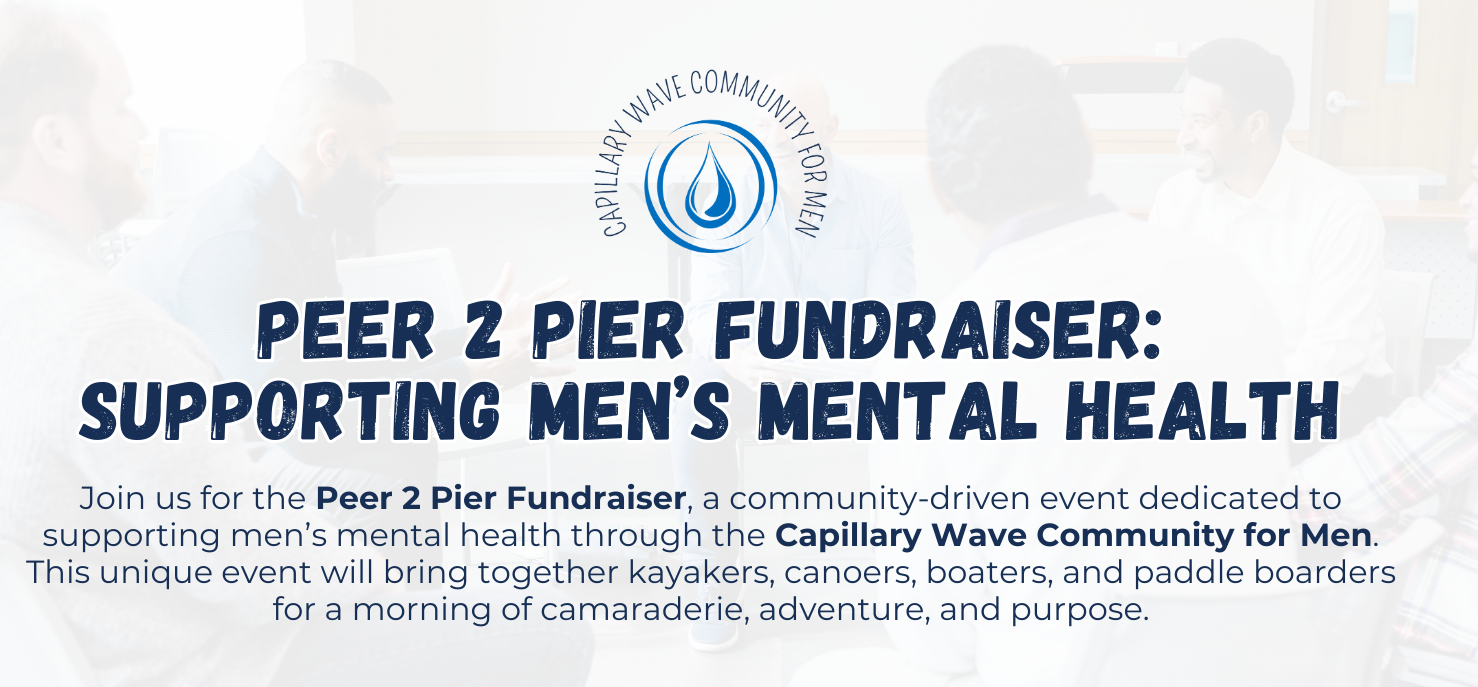By Jack Brittle, Local Journalism Initiative Reporter
It was a day like any other for Ted Michaels, then host and anchor of a news program on 900 CHML. Michaels was getting ready to go on-air at 3:00 p.m. when he suddenly suffered an anxiety attack.
“All of a sudden, I felt the walls of the studio closing in on me,” Michaels said. “I got really warm, and my head started spinning…I literally had 30 seconds to say ‘fight or flight,’ either go on the air and fight through it or get up and leave, which would have caused a whole raft of issues as far as programming.”
Michaels said that his mental health started deteriorating from that point on and eventually after a “weekend from hell,” he spoke to his wife and told her that he had a problem.
He contacted his doctor and was diagnosed with anxiety and depression shortly thereafter.
Michaels eventually went public with his story at a fundraiser for the Halton branch of the Canadian Mental Health Association. He shared some advice for people struggling with their own mental health.
“I tell people, ‘we’re all going through something,’” Michaels said. “If they say that they don’t, they’re either incredibly lucky or they’re not being truthful to themselves. Because I could be looking at somebody and they’ve got a smile on their face, but inside they could be churning with a whole bunch of stuff that nobody knows anything about. …If you don’t want to go to a doctor, talk to a friend, talk to a colleague, talk to a family member, don’t let it fester.”
Michaels then started his own radio show called “#WellnessWednesdays,” which featured mental health experts and guests sharing their personal stories. When the show ended and he retired from radio, Michaels wanted to continue spreading the word about mental health in some capacity.
“So, I thought, I’ve got the Bay Race [the Around the Bay Race],” Michaels said. “I’ve done the 5K, I’ve been a spokesperson for that race for several years and I thought, why don’t I just see if I could do a documentary on the healing power of exercise, as it pertains to mental health.”
“The Bay Race has the 5K, it has the 10K, it has the 30K. Those are all races, but everybody is involved in the human race. And I wanted to dig in and get people’s stories as to why they’re taking part in this event and more specifically, how it helps them with their mental health,” he continued.
The premiere of the film, entitled The Human Race – Around the Bay, will take place on May 6 at the Art Gallery of Burlington at 6:30 p.m. The screening will be followed by a Q&A with Michaels, where attendees can find out more about the making of the film and the individual stories that are told within it.
The film will then be screened on Cable 14, Your TV Halton, and Rogers Grand River in the following weeks. Michaels also said that Rogers is considering airing the film province-wide at some point.
United Way Halton and Hamilton as well as the Canadian Mental Health Association Halton Branch are sponsoring the event. The premiere will take place during Mental Health Week.
Michaels spoke about the benefits that running can have on your mental health.
“I know with myself, there’s times where I really feel like crap, and going for a long run really helps me,” Michaels said. “I’m not saying everybody has to run, but I know that the endorphins that are released during a run really help you a lot. And the thing about ‘runner’s high’ is not something to be scoffed at, it’s really there.”
“We have a whole batch of interviews, some very powerful stories that may surprise and shock a few people, but I commend all of our guests who decided, ‘Yeah, I want to go public with this, because if it helps one person, then it’s really worth it,’” he continued.
Michaels said he was inspired by the emotional reaction that many runners have when they finish the race.
“I’ve always been there at the end to see people cross the finish line [and], especially the first time [they do it], people have tears in their eyes, they’re overcome with emotion because they didn’t think they could do it,” Michaels said. “And that’s kind of the story we want to tell in the documentary.”





